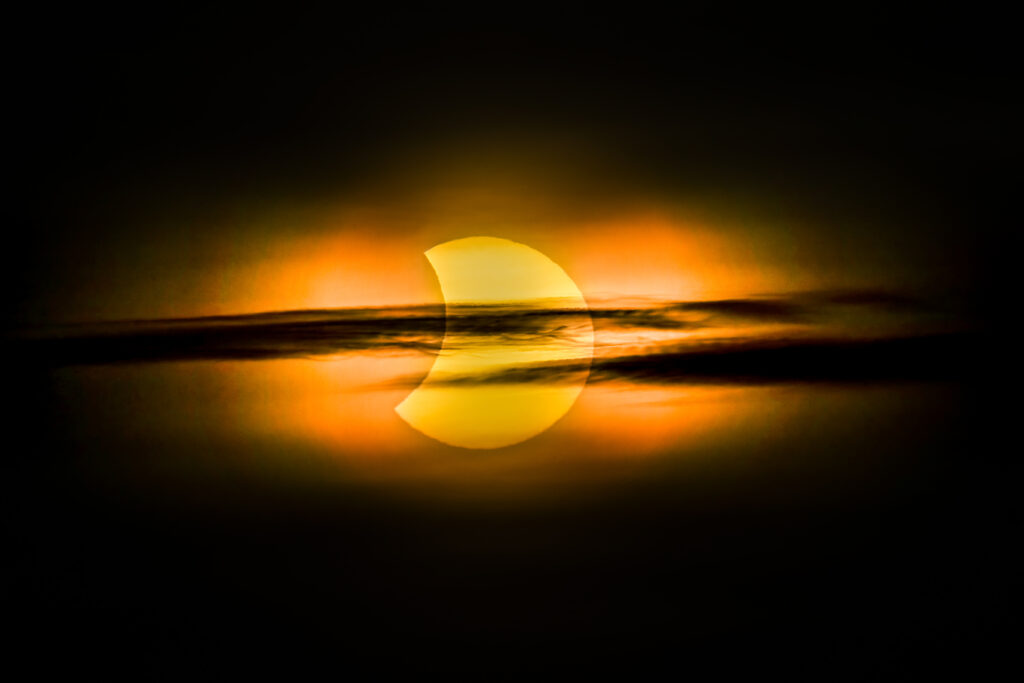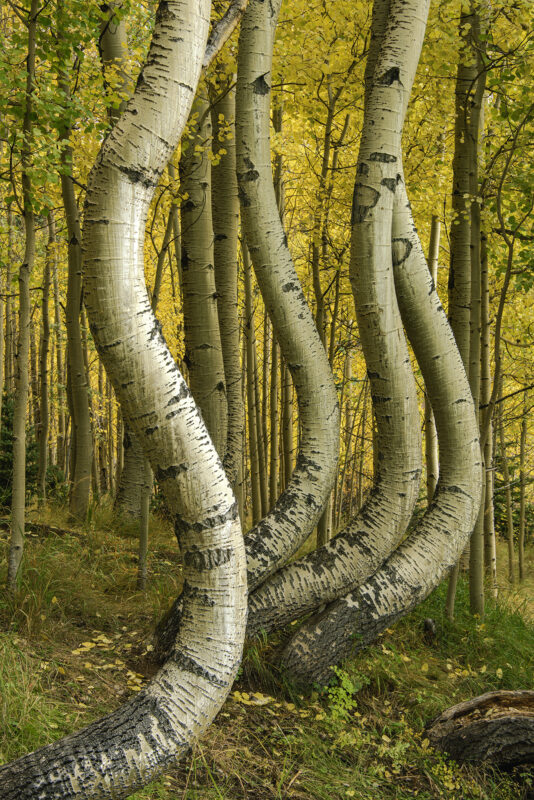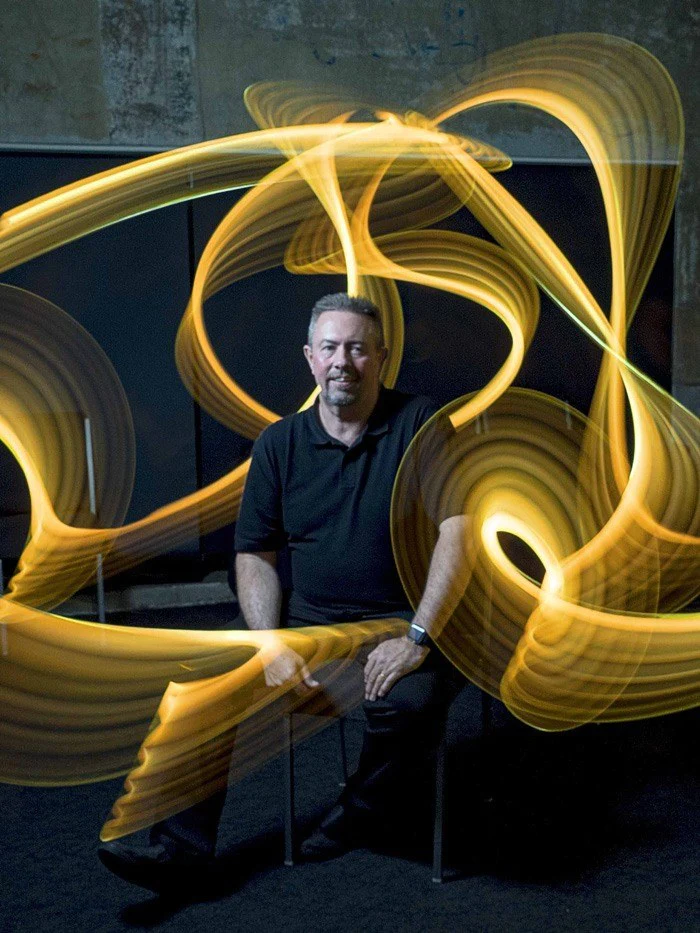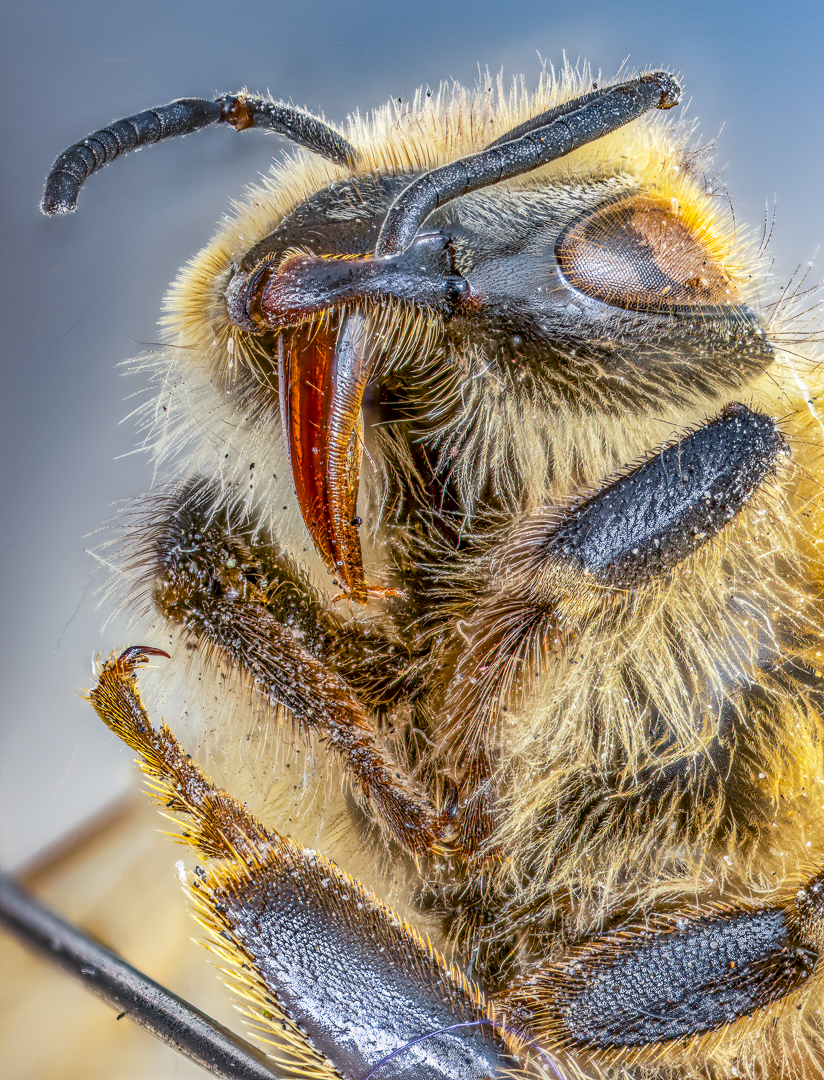Copyright in any artistic field can be a thorny subject. There are often more questions than answers as well as a plethora of experts whose only expertise has come from what they read on the Internet. It can be a minefield.
YouTube is no exception to this, perhaps even more so given its an audio and visual platform.
YouTube has a pretty robust copyright infringement reporting system, its effective and it’s fast. I know this because I have been the victim of copyright claims before and have had to make quite a few myself. Nothing, however, prepared me for the sheer absurdity of a claim I received earlier this week.
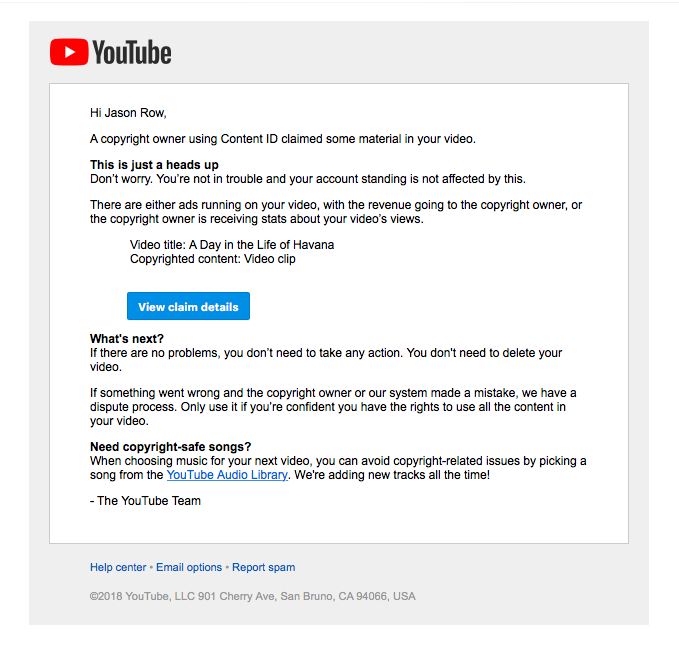
So Here Is The Back Story
Those of you that have read my articles or follow me, may know I have one particular video on YouTube that both my wife and I are particularly proud of. It’s called a Day In The Life Of Havana and to date it has had nearly 300,000 views. Now that, of course, does not make me a Casey Neistat, but nonetheless, we are pleased by the figures.
Like many of you, I have received copyright claims via YouTube, all of these have been for audio that we have used in our videos and all claims have been dropped as the music used is licensed.
The most recent claim, however, was a little different, on closer inspection, the claimer was quoting visuals as the source of the infringement, visuals that we had taken using our own camcorder. I was a little taken aback by this and more than a little confused so I took some time to investigate further.
What Was The Claim Against Me?
The claim was made by a video content management company. They were claiming that I had lifted video footage from one of their client's music videos and used it in my own Day In The Life Of Havana video. Wow, I was shocked and intrigued at the same time!
The obvious next step was to look at the music video in question and see what on earth they were referring too. It turned out to be a video by a singer called Monica Docci. Her page has very few subscribers but her videos are relatively popular and have quite respectable figures.
On watching Monica's video clip, I was slightly surprised to see several sections of our Havana video had been lifted wholesale and dropped into her video.
The “amusing” thing was that our video has been on YouTube for seven years, while the music video the content management company was claiming I had stolen footage from, had only been up for a year and had only around 500 views – very different from our Havana video.
So the idea that we were using her footage, even to an outsider, was clearly absurd.
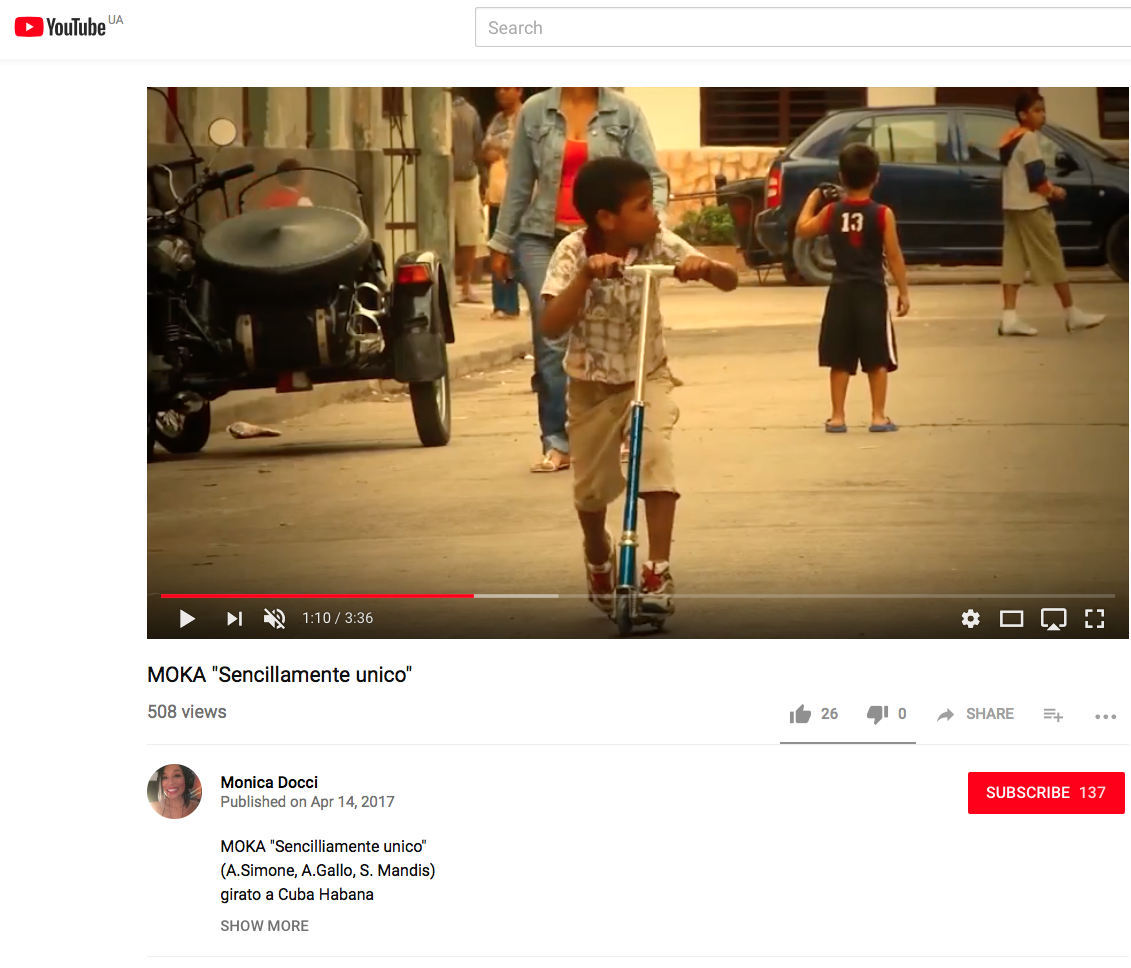
My Course Of Action – First Up…Counter Claim
The first course of action I decided to take was to issue a claim against Monica Docci’s music video. It was not a difficult case to prove, the difference in upload dates, the fact that her video had cut sections from mine and of course, as a last resort, I had my original footage as proof.
My thinking was that, if YouTube agreed with my claim on the Monica Docci music video, it would be very difficult for YouTube, in turn, to rule against me in the case bought by the content management company.
To their credit, YouTube acted very quickly – as they usually do – and removed the offending video.
That gave me the upper hand in my defense against the original claim bought by the video content management company and I replied to the original YouTube claim giving the evidence and facts I had built.
Three days later, the claim was dropped by the content management company and my copyright status was returned to me.

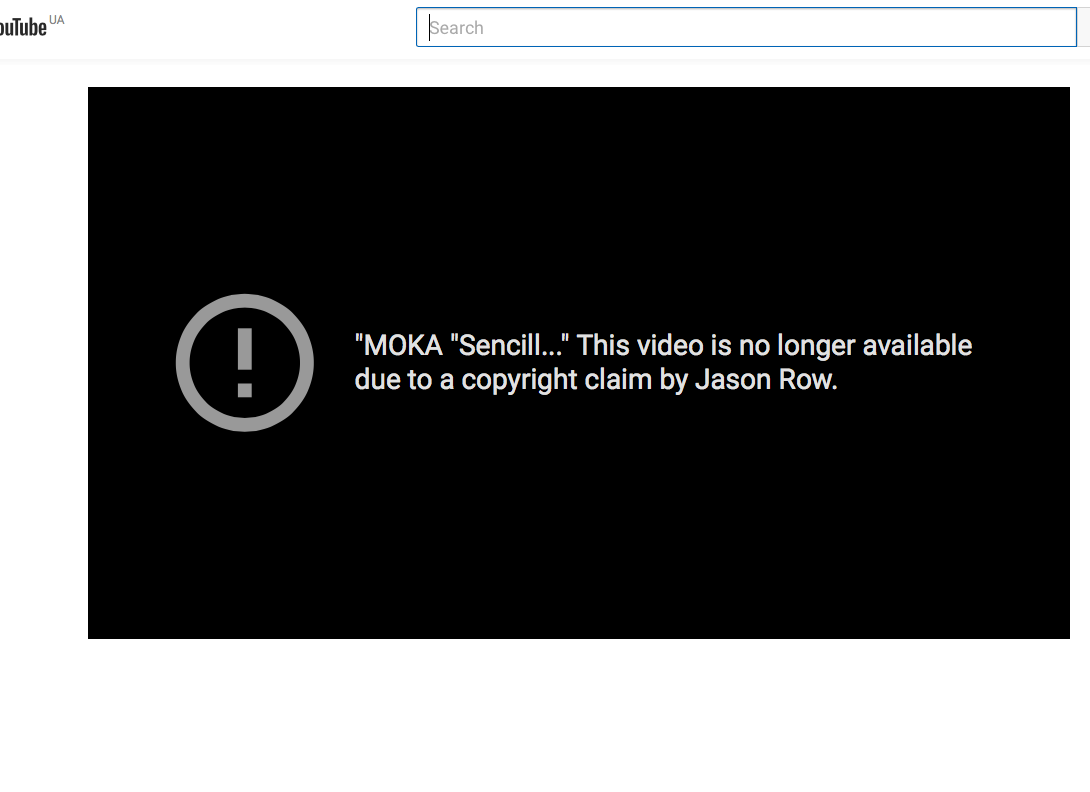
Why And How Do These Claims Happen?
Usually, it's bots. There are a number of content management companies that attempt to monetise audio and visual content on YouTube. They will either offer to buy a video or song outright or they will offer to manage that content for a commission.
In order to “protect” their copyright, they use bots to trawl YouTube for similar content and then issue copyright strikes against that person and their video.
If the defendant does not respond, they monetise the content for themselves regardless of whether the claim is valid.
In many cases, defendants will not respond, and this is due to YouTube's strike rules. If you contest a copyright claim and lose you get a copyright strike. If you get three strikes, you effectively lose your account. This rule can make it a very tricky decision to contest a claim especially if you are not 100% sure of the copyright status of the works you posted.
I have reached out to the company involved regarding this claim and after a week they replied. They state that they do not provide the content, but are a conduit for the distribution of content posted by its users. As such, they acted under the DMCA, Digital Millennium Copyright Act and released the claim on my video.
As I am no expert on copyright, there seems no point in taking this any further. However, it still remains absurd to me that a third-party video content management company could make a copyright claim on my own footage and yet not check that the footage they were promoting for their client was legally obtained.
Perhaps a drastic review of the copyright system is needed to protect innocent small businesses such as photographers and video creators from this absurdity. Or at the very least a well-written clarification of current copyright rules.
Share your thoughts in the comments below.

